1. Why did Labour lose?
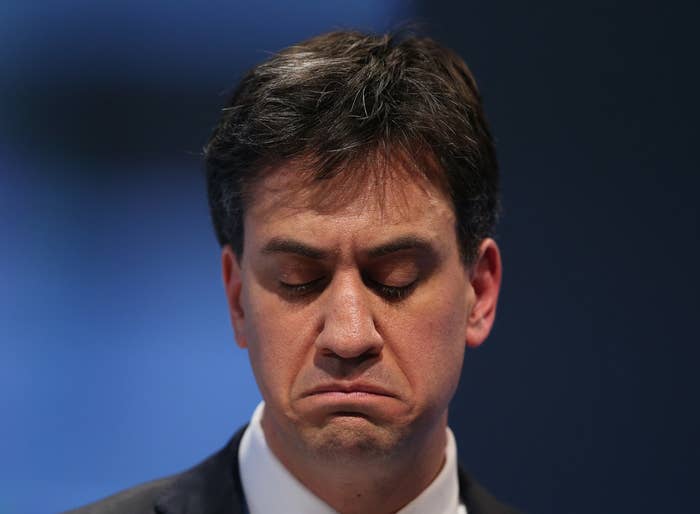
This question will be at the heart of the party's inevitable leadership contest. Did it lose because Ed Miliband wasn't prime ministerial enough? Because it wasn't left-wing enough for voters who drifted to the Greens? Or right-wing enough for voters who turned to the Tories?
We simply don't have the data yet. But what we can say is that Labour was definitely hurt, and hurt badly, by its neglect of its working-class base in the north – by people who complained about immigration and didn't feel the party heard them. In seat after seat, Tory support held relatively steady while UKIP's rose to between 5,000 and 10,000. Those thousands of voters were carved pretty much directly out of the Labour vote – and in seats like Morley and Outwood, formerly held by Ed Balls, they were the difference between victory and defeat.
2. How could the polls get it so wrong?
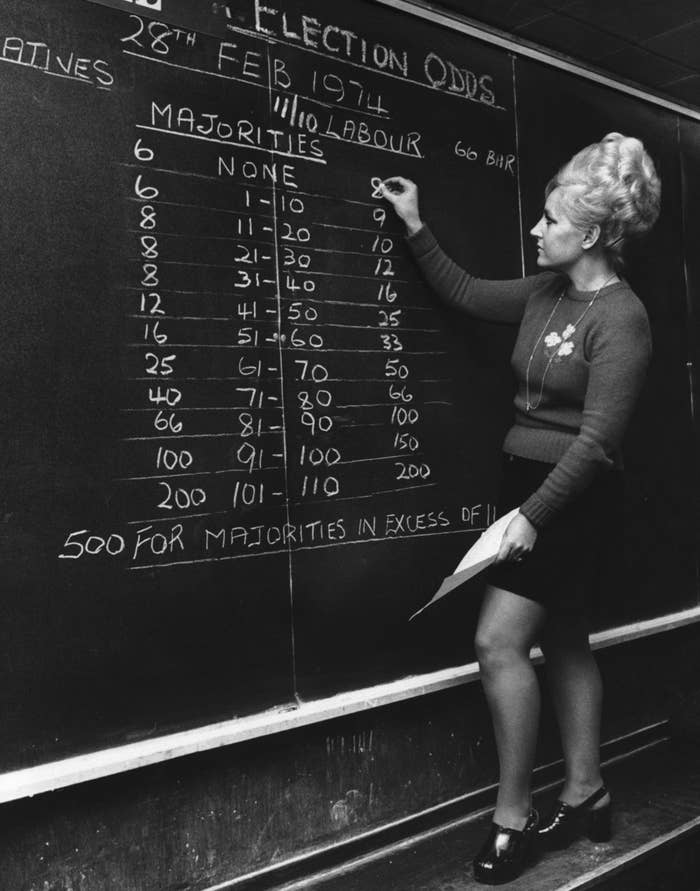
It's not one firm – it's the entire polling industry that has egg on its face. It's hard to find a single poll from a single company, during the entire course of the campaign, that suggested anything remotely resembling the final result. That leaves two options: Either the public only made up its mind very late indeed, or there's some gaping flaw in their methods that goes beyond the differences between online polling and phone calls.
The most obvious initial explanation is the return of the "shy Tories" – the voters who backed Margaret Thatcher and John Major because they didn't like paying taxes and didn't trust Labour with the economy, but wouldn't tell pollsters because they thought it made them seem nasty and callous. But there must be an awful lot of them: In YouGov's final pre-election poll, the Tories and Labour were neck and neck; in the actual election, the former ended up seven points ahead.
3. Who'll take over the Labour party?
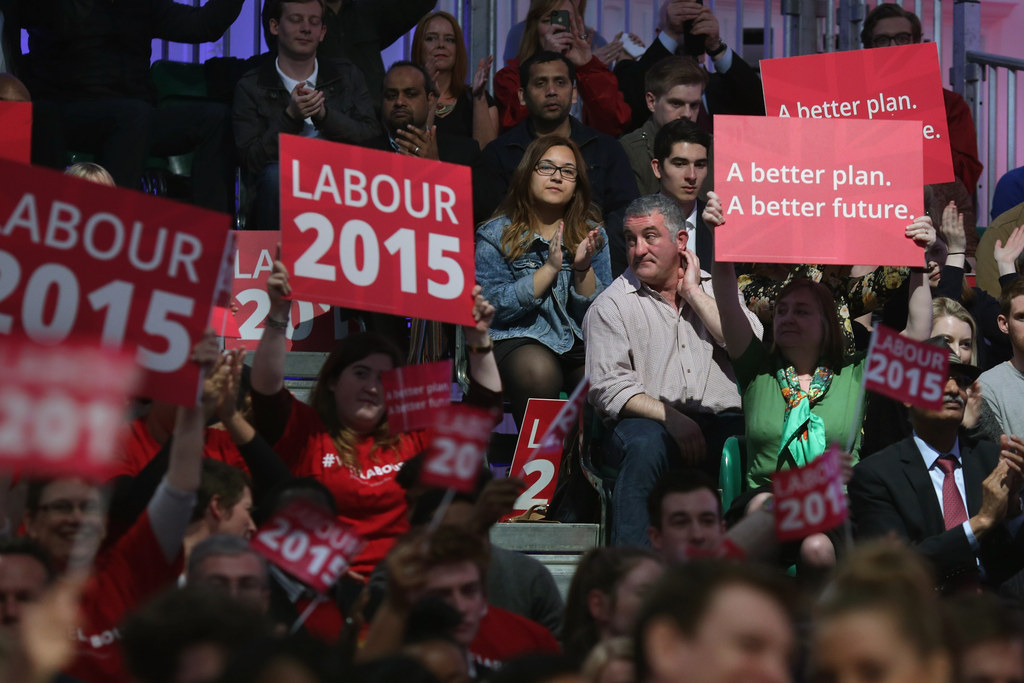
Emily Ashton has taken a look at the runners and riders. They'll obviously want someone who's a lot better on telly, and probably someone from a new generation who can offer a fresh start without the baggage of the Brown years hanging round his or her neck.
At the same time, however, the person the party chooses will reflect the outcome of its post-election soul-searching. In 2010, it went for Ed Miliband as the comfort-food candidate – the guy who told members (and the unions) that they could stay true to their instincts and still win power. Expect the Blairites to be out in force, pointing out why that mustn't happen again.
4. Can the Tories really keep all their promises?
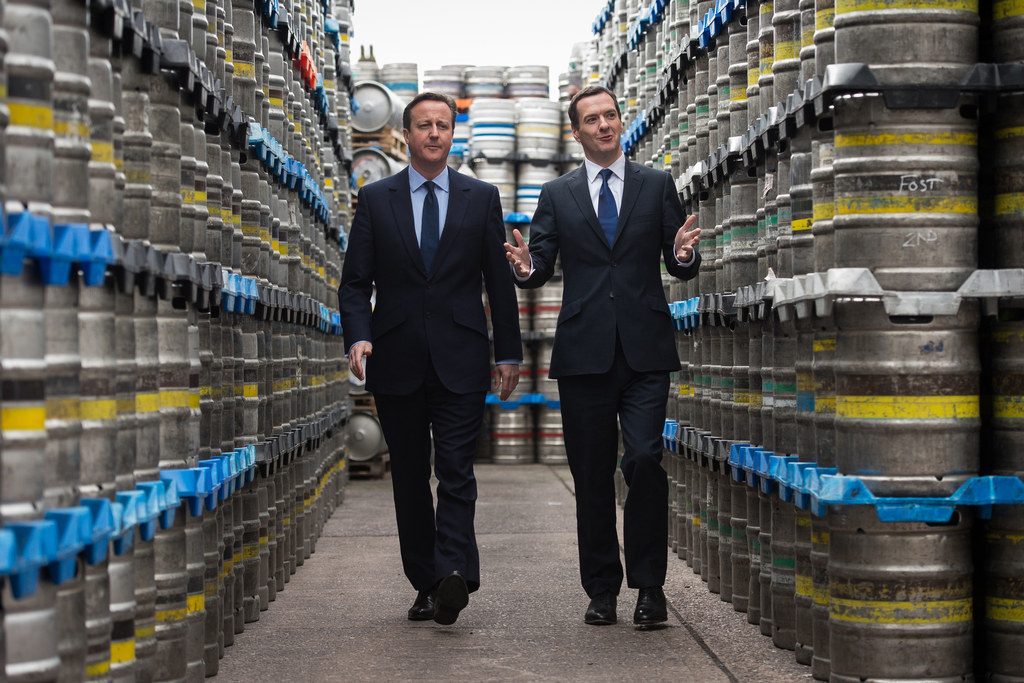
The Tories threw the kitchen sink at winning the election, in large part by making some pretty spectacular promises. No major tax rises, a £1 million inheritance tax threshold, extending the right to buy – these were all dramatic and costly promises, especially when you stir in the party's commitment to making £12 billion in welfare cuts in addition to its existing austerity programme.
As Jim Pickard of the Financial Times pointed out, many of the more inconvenient promises could have been dropped as part of coalition negotiations. Now, they're stuck with them. And they've also got to see through an EU renegotiation and referendum and deal with a recalcitrant Scotland, all on the basis of a wafer-thin majority. If they pull it all off, it'll be as spectacular a political feat as winning the election in the first place.
5. Who'll take over the Liberal Democrats?
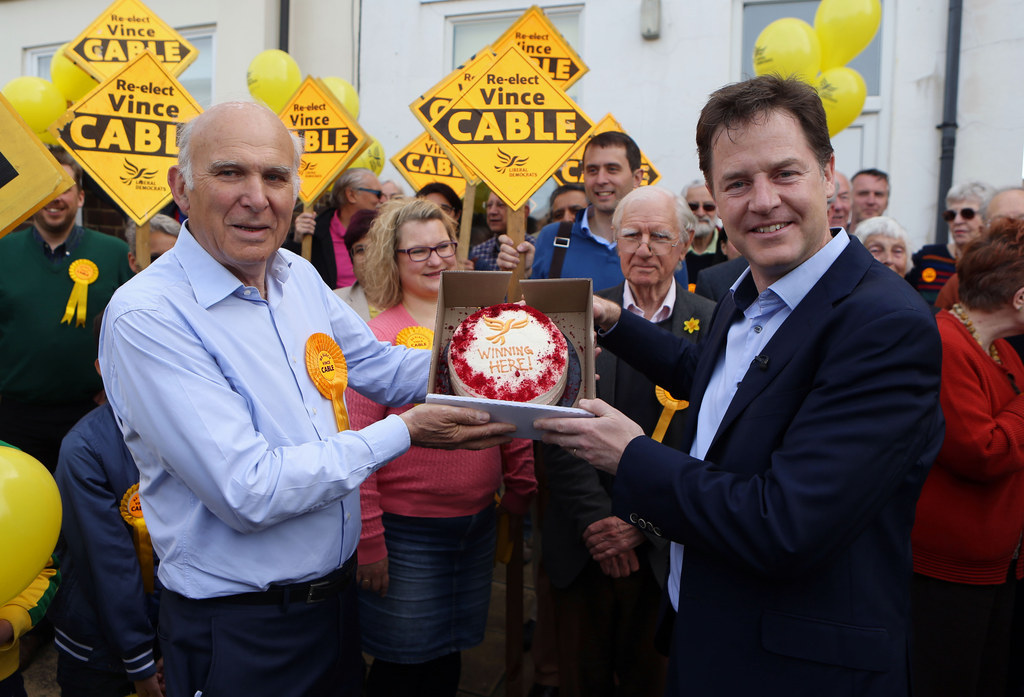
Tim Farron. Or maybe Norman Lamb. But almost certainly Tim Farron. Though given the current state of the Lib Dem parliamentary party, they don't even need to book a room for their hustings – they could all fit into Nick Clegg's living room.
A question that's almost more interesting is what happens to Clegg. Does he really want to hang around in the Commons as the non-leader of a non-party, when he could slink away to a nice job in Brussels? But that would lead to a by-election his party would inevitably lose, whittling down its parliamentary representation still further. Unless the Tories take pity and offer him a coalition deal in which he'd get very little indeed, expect to see lots more pics of Nick Clegg looking sad.
6. What the hell's going to happen in Scotland?
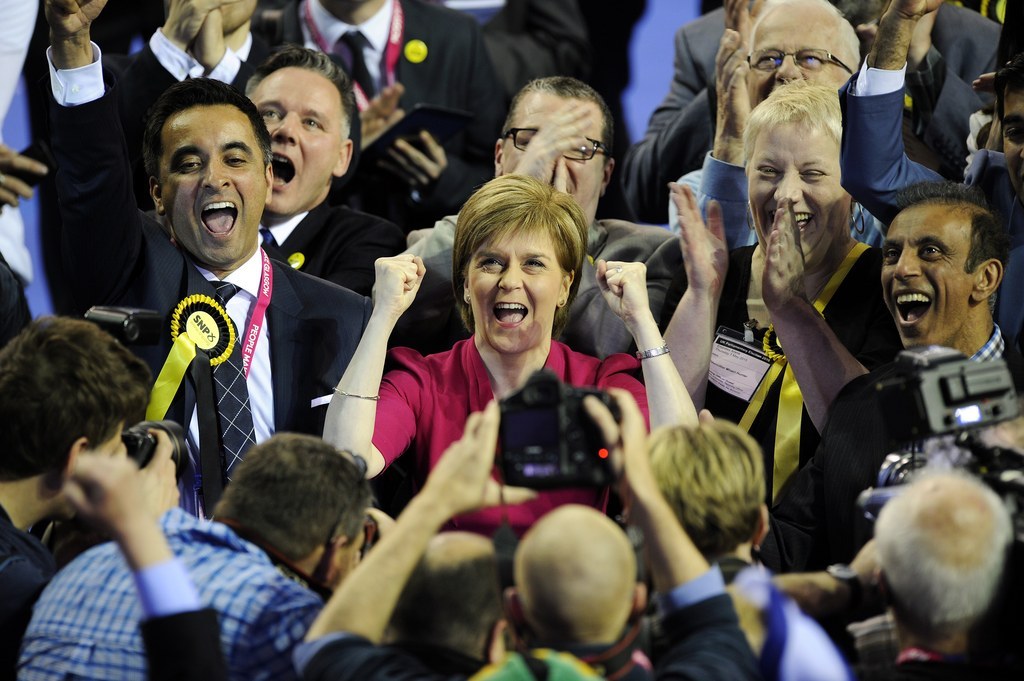
Labour had huge majorities. Colossal majorities. The kind that are overturned once in a generation, and then usually when the politician in question has been caught in flagrante with a member of the animal kingdom. And the SNP didn't just overhaul them – it amassed five-figure majorities of its own. The swing against Michael Portillo in 1997 is held up as the gold standard of political earthquakes – but this was Portillo plus, in almost every constituency in Scotland.
The Tories will obviously offer an instant programme of devolution. But given the hostility towards them, their leader, and their economic policies among Scots, is there anything that can realistically be done to keep the union together?
7. What happens to UKIP now?
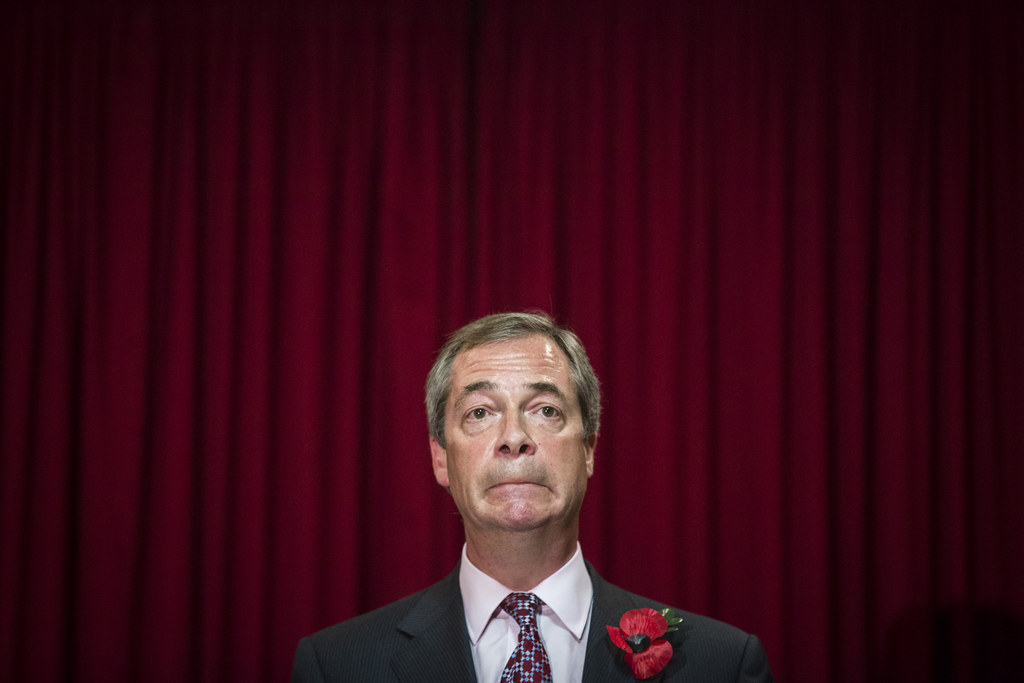
It's the third party in British politics, with success beyond anything it could have dreamed of a few years ago – but second place is first loser, especially for party leader Nigel Farage. The muttering about his leadership style and the tension between "Blue UKIP" (right-wing ex-Tories) and "Red UKIP" (left-wing ex-Labourites) had been kept in check while he was in charge. Now those tensions are bound to come into the open. (Not least because Douglas Carswell, the obvious successor as the party's only MP, is ideologically outside the UKIP mainstream.)
In his concession speech, Farage seemed to position UKIP as a crusader for electoral reform, pointing out that it got the same number of votes as the SNP but a 50th of the seats. But as causes go, it's not quite as catchy as opposition to Europe or immigration. Given the number of northern seats in which UKIP came second to Labour, consolidating its status as the party of opposition there seems like the obvious move.
8. What on earth's going to happen to the #EdStone?
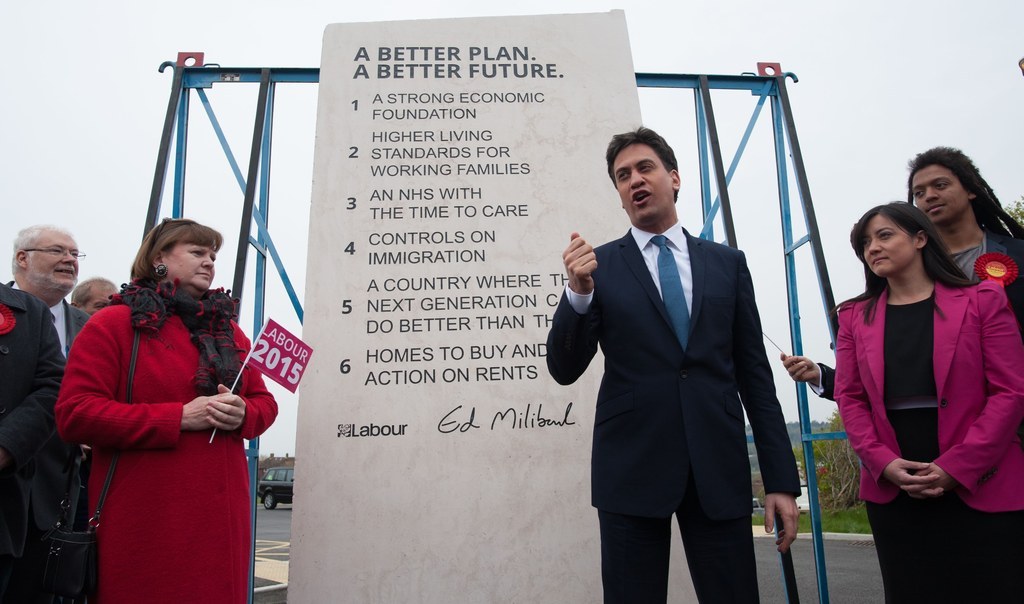
The biggest question of all. Lest we forget, in a moment that will now go down as one of the most misjudged in British electoral history, Ed Miliband unveiled a giant eight-foot stone monument containing his key election pledges, which he intended to set up in the Downing Street garden. But where is it? After all, while the #Edstone still stands, can the dream it embodies truly be said to be dead?

